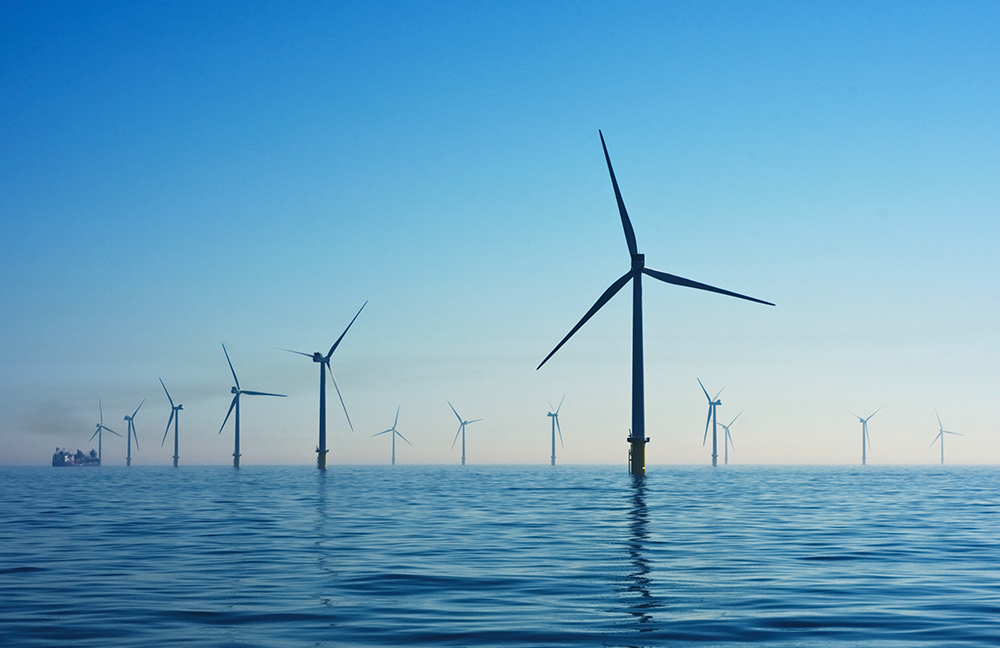As Ireland works towards achieving net zero by 2050, there is a pressing need to develop additional renewable energy capacity. Offshore wind is likely to be a particularly important sector and, thanks to Ireland’s large offshore exclusive economic zone, presents a valuable opportunity for the Irish economy. Cognisant of this opportunity, the Irish Government is targeting the deployment of 5GW offshore wind capacity by 2030.
In order to accelerate and support this transition, the government introduced the Offshore Renewable Energy Support Scheme (ORESS) in 2022. The first auction round (ORESS 1) in 2023 was broadly a success, securing over 3GW of future capacity. However, despite the success of ORESS 1 and the enthusiasm to develop offshore wind, investors and developers have encountered some issues in the transition to the second phase of the scheme (ORESS 2). Due to a lack of clarity in fundamental areas, some of the buoyancy from ORESS 1 has been eroded and there are concerns that, if these issues are not addressed, the scheme could be subject to reduced interest and participation.
Sign up to our email list, and receive the full version of our blog, ‘Is offshore wind the answer to Ireland’s net zero future?’
Signing up to our emails means you’ll receive our latest news, insights and analysis of the energy sector straight to your inbox.














